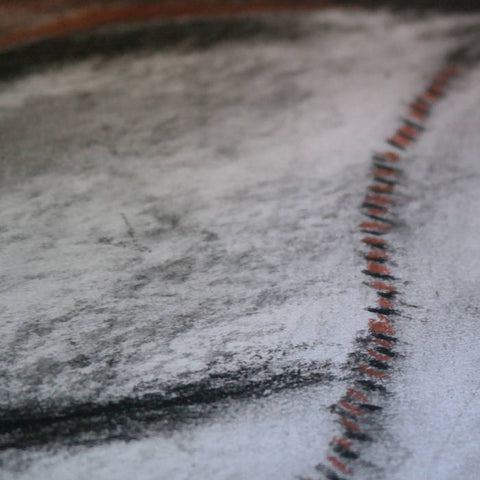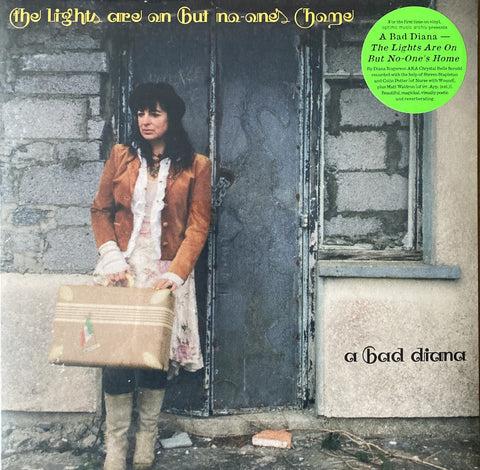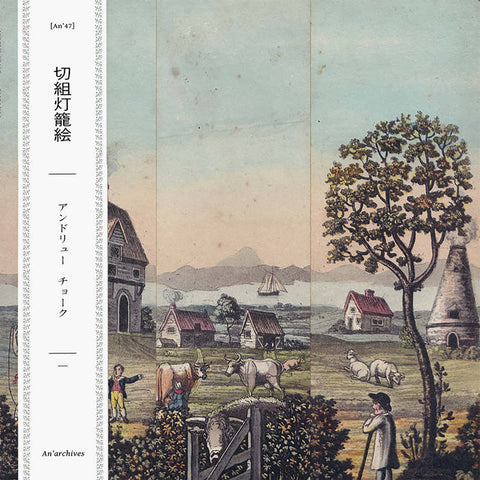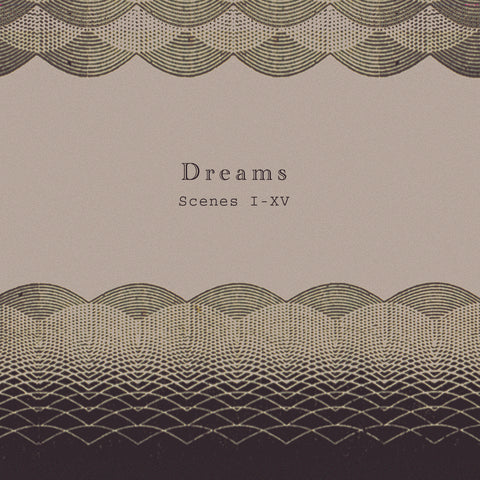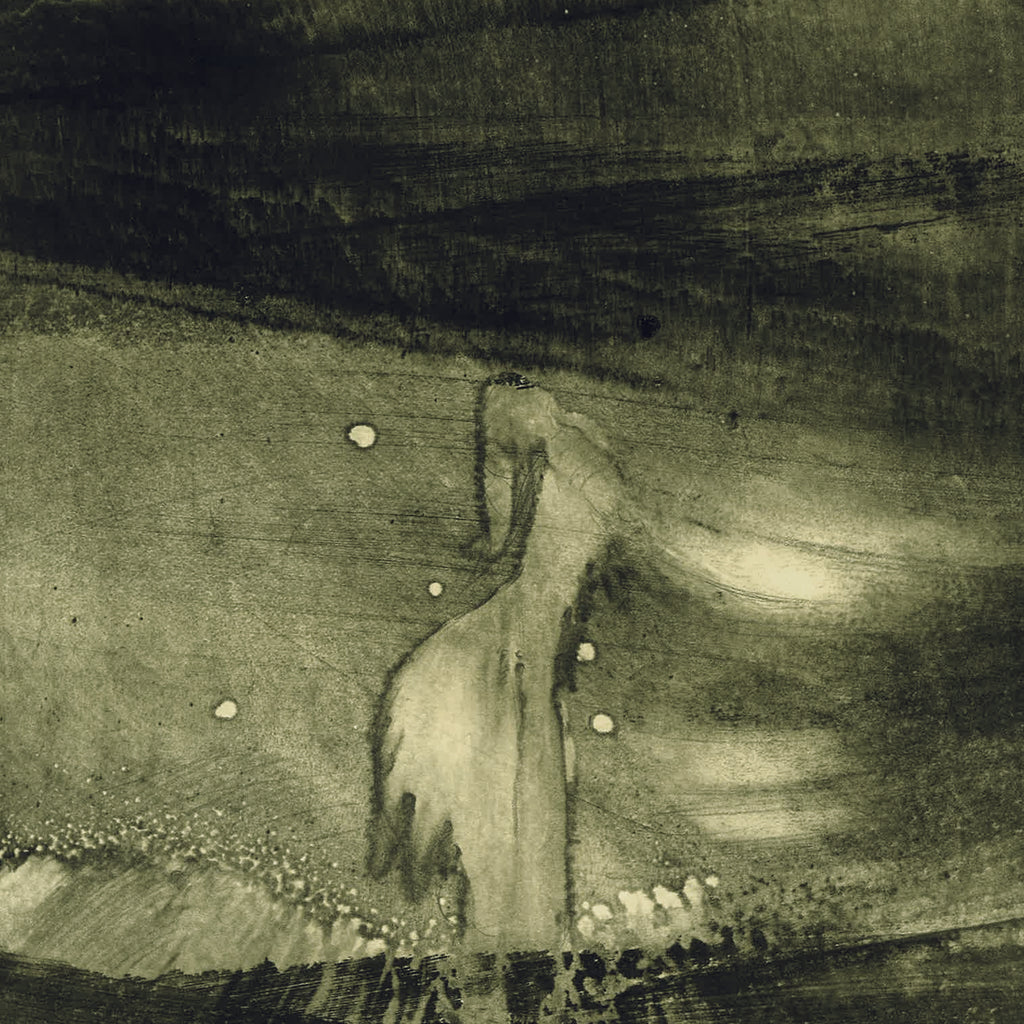
Andrew Chalk & Jean Noël Rebilly 'Tsilla' CD
April 2023
Somewhat different to the other recent releases involving Andrew, this music on this collaboration has a very different atmosphere. Somewhat mysterious & brooding, with a wide palette of electronic & acoustic instruments.
From the label : “On Tsilla, Jean-Noël Rebilly and Andrew Chalk pay homage to the late French writer and engraver Cécile Reims. While she may be best known as interpretative engraver for surrealist artist Hans Bellmer, and she also worked with Leonor Fini and briefly for Salvador Dali, Reims’ most powerful and enduring works were made either in collaboration with her husband, the writer and artist Fred Deux (who signed their collaborative work “cf deux”), or by herself. Later works by Reims, like the L’Elan Vitale suite, or the Histoires Naturelles series, manifest denuded, obliterated landscapes; spiralling abstractions; engravings that shiver with an unearthly radiance, where etchings of great intricacy hint at intimacy and the velocity of rapture, before opening out to aching empty spaces. The music on Tsilla is similarly evocative, a tender weaving of emotional complexity carved with the hand-held and simple tools of artisans. Much like Reims, Rebilly and Chalk enact a similar transfiguration of base materials. For Reims, natural order is made “more sinuous and curious through the rounded flow of her graver,” Kate McCrickard once noted. For Rebilly and Chalk, these seven pieces, cast under the shadow of a great artist, inhabit that sinuousness, and tease out the eternal flow of tone.” -Jon Dale
With a beautiful gatefold sleeve,handmade by Andrew, an edtion of 300.
Mastered by Dennis Blackham
Review by Anthony D'Amico from brainwashed.com :
This is the second duo collaboration between Chalk and Rebilly, as the pair previously surfaced with L'état Intermédiaire back in 2018. Their shared history goes back to at least 2012 though, as they teamed up with Vikki Jackman for A Paper Doll's Whisper Of Spring. While details about Tsilla are less scarce than usual due to its release on An'archives rather than Chalk's famously terse Faraway Press imprint, I still know very little about Rebilly other than the fact that he plays the clarinet. Beyond that, I am unwilling to hazard any guesses about who is playing what here, as both artists' contributions are largely blurred into a painterly haze (not entirely unfamiliar territory for Chalk). Far more relevant than the instrumentation is the album's inspiration: engraver Cécile Reims, whose "denuded landscapes," "spiraling abstractions," and "unearthly radiance" may have inspired Chalk's visual art as well. If not, Reims is at least a kindred spirit and her collaborations with Hans Bellmer, Leonor Fini, and Salvador Dali probably make a decent enough consolation prize. Reims's deepest impact on Tsilla may have been upon the process rather than the outcome, however, as the pair set out to honor her "tender weaving of emotional complexity carved with the hand-held and simple tools of artisans" in their own way ("a similar transfiguration of base materials"). Regardless of how it was made, Tsilla is quite a unique album in the Chalk canon, as the best pieces evoke a beautifully nightmarish strain of impressionism.
The album opens in unexpectedly tense and disturbing fashion with "Pliskiné," as shivering strings quiver in dissonant harmonies over a bed of subtle, slowly shifting drones like a swarm of hallucinatory bees with bad intentions. For better or worse, that particular descent into horror is not a representative one, though Tsilla is quite a dark and uncharacteristically heavy album for Chalk (and presumably for Rebilly as well). "Pliskiné" aside, the album's other deep plunge into nightmare territory is "Hauteville," which feels like a groaning, slow-motion descent into squirming, buzzing cosmic horror at its most exquisite. In general, the longer pieces tend to be the strongest while the shorter pieces feel more like bridges or interludes, though "Visages d'Espagne" is a notable exception that resembles a seasick duet between a koto and a vibrato pedal.
Elsewhere, "L'embouchure Du Temps" is yet another unsettling highlight, as it arguably resembles the curdled and time-stretched sounds of an infernal brass band experienced while in the throes of a fever delirium. I also noted that it sounded more like a cursed fog than a musical composition, which is probably a compliment of sorts. The closing "Retour À Kibarty" is yet another gem and a well-placed one at that, as it almost feels like a vivid sunrise is swelling from the horizon in a doomed but valiant attempt to break the album's spell and burn away all the lingering darkness and murk. That said, if it actually was a sunrise, it would probably be one with a lot of bruised purples and burning oranges, as it is still quite a haunting (and haunted) piece. In fact, it even dissipates like a ghost in the end to helpfully punctuate the disquietingly supernatural feel of Chalk and Rebilly's drones.
Needless to say, the fact that Andrew Chalk has released yet another beautifully realized, richly nuanced, and immersive album should surprise no one at this point in his career, but Tsilla nevertheless stands out as a fascinating outlier due to its unusually dissonant, smeared, and unsettling atmosphere.

